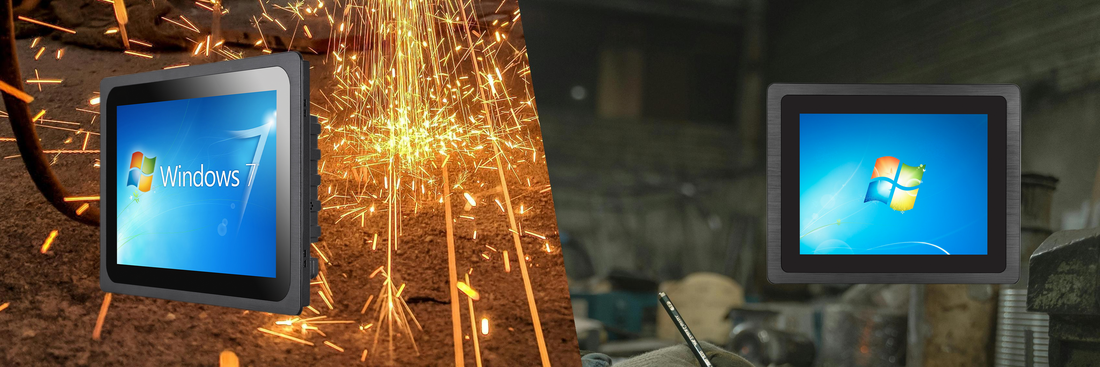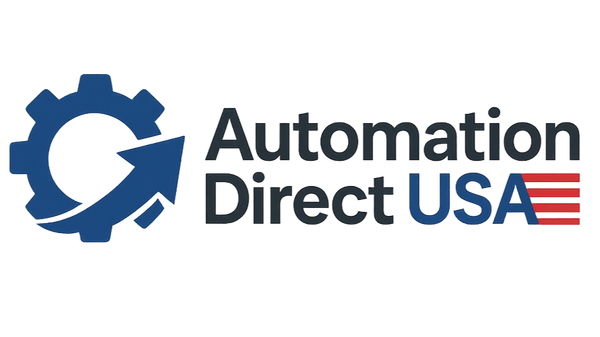
Industrial Tablets vs. Consumer Tablets: A Comprehensive Comparison for Modern Industries
Industrial Tablets vs. Consumer Tablets: A Comprehensive Comparison for Modern Industries
In today’s rapidly evolving technological landscape, choosing the right computing devices for industrial applications can be a challenging task. Many users are familiar with consumer-grade tablets that dominate the market, but industrial tablets play a pivotal role in sectors requiring ruggedness, durability, and adaptability. Understanding the differences between these two categories of tablets is crucial for businesses seeking to make the best choice for their operations.
Key Differences Between Industrial and Consumer Tablets
- Purpose and Application
- Industrial Tablets: These are built primarily for use in production, manufacturing, automation, and other industrial environments. Their applications range from warehouse management and field service to outdoor terminal devices and machine operation control. Industrial tablets often include specialized features, such as standard RS232/485 serial ports for seamless data acquisition and transmission, making them ideal for complex tasks requiring high-speed processing.
- Consumer Tablets: Commonly used for entertainment, social media, web browsing, and gaming, consumer tablets cater to the mass market with standardized hardware and a focus on convenience. While they support activities like video streaming and casual browsing, they lack the robustness needed for harsh industrial conditions.
- Hardware Design and Components
- Industrial Tablets: Built to withstand extreme conditions, industrial tablets are equipped with industrial-grade components. These components allow them to perform optimally in environments with fluctuating temperatures, high humidity, exposure to dust, and physical shock. Their rugged nature ensures reliability in both outdoor and indoor settings. The motherboards used in industrial tablets are designed to handle super high or low working temperatures, which is essential for industries that rely on real-time data processing and stability under stress.
- Consumer Tablets: These devices prioritize portability and user-friendly features but lack the durability of their industrial counterparts. Consumer tablets are typically not built to operate in extreme environmental conditions. For instance, they often feature components that work optimally in standard home or office environments, limiting their use in heavy-duty operations.
- Interfaces and Connectivity Options
- Industrial Tablets: Connectivity is a critical factor in industrial tablets, which support a variety of interface protocols such as RS232, RS485, Ethernet, and more. These features make it easier to connect with data acquisition systems, simulators, debuggers, and other peripheral devices. The expansive compatibility with various devices ensures that industrial tablets can perform diverse tasks, whether it’s controlling machinery or monitoring real-time processes.
- Consumer Tablets: On the other hand, consumer tablets usually offer a more limited range of connectivity options. For example, Android consumer tablets often feature a single USB port used for both charging and data transmission. This limitation can be a major obstacle for tasks requiring simultaneous connections with multiple devices or high-speed data exchange.
- Durability and Environmental Adaptability
- Industrial Tablets: One of the most significant advantages of industrial tablets is their ability to function in extreme environments. Designed with IP-rated enclosures, they offer advanced protection against water, dust, and vibrations. In addition, these tablets have enhanced heat dissipation capabilities, which is crucial for maintaining performance during extended usage in hot or cold conditions. Many industrial tablets also include features such as shock resistance, making them ideal for use in environments where physical impacts are a risk.
- Consumer Tablets: While some consumer tablets may boast water resistance, they generally do not meet the rigorous environmental standards required for industrial use. Their design is more focused on aesthetics and user experience in controlled settings. Exposing a consumer tablet to outdoor elements, such as dust or rain, can easily lead to device failure.
- Customization and Software
- Industrial Tablets: One of the defining features of industrial tablets is their customizability. Industries often require tailored software solutions for specific tasks such as monitoring, automation, and data collection. Industrial tablets frequently come with pre-installed operating systems (Windows, Linux, or Android) that can be customized to meet industry-specific needs. This flexibility is crucial in sectors like manufacturing, transportation, and healthcare, where certain software protocols and security measures must be adhered to.
- Consumer Tablets: In contrast, consumer tablets typically come with pre-installed, standardized operating systems with limited customization options. While some apps may provide additional functionality, they are rarely designed for industrial tasks, focusing instead on entertainment and productivity applications for individual users.
- Longevity and Support
- Industrial Tablets: Given the demands of their operating environments, industrial tablets are built for longevity. Manufacturers of industrial devices offer longer product lifecycles, with continuous support, spare parts, and updates. This extended product lifecycle is particularly important in industries that cannot afford frequent device replacements. Industrial tablets also undergo rigorous testing to ensure compliance with industry standards such as MIL-STD-810 for military-grade durability.
- Consumer Tablets: Consumer tablets, while more affordable upfront, have shorter product lifecycles. As newer models are released, older devices may become obsolete due to discontinued support and software updates. This rapid turnover can be costly for businesses requiring consistent, long-term reliability from their devices.
- Cost Consideration
- Industrial Tablets: Although industrial tablets typically come with a higher initial investment, their durability, reliability, and adaptability often justify the cost. The cost reflects their specialized design, rugged components, and advanced features that enable businesses to operate seamlessly in challenging environments. Additionally, the long-term savings in reduced downtime, fewer repairs, and enhanced productivity make industrial tablets a cost-effective choice for many companies.
- Consumer Tablets: With lower price points, consumer tablets may seem like a cost-effective option for businesses. However, their lack of durability, limited customization, and inability to withstand industrial conditions can lead to higher operational costs over time, including device replacements and potential production disruptions.
The Growing Role of Industrial Tablets in the Era of Industry 4.0
As technology continues to advance, the role of industrial tablets in sectors like manufacturing, logistics, healthcare, and smart city infrastructure is expanding rapidly. With the rise of Industry 4.0 and the increasing reliance on IoT (Internet of Things), real-time data monitoring and processing have become critical. Industrial tablets are at the forefront of this transformation, enabling seamless integration with automated systems, data acquisition devices, and remote monitoring platforms.
Industrial tablets also play a pivotal role in boosting operational efficiency through real-time data analysis and predictive maintenance. By utilizing these devices, industries can track equipment performance, detect anomalies, and implement preventive measures, significantly reducing downtime and maintenance costs.
As more businesses recognize the importance of robust and reliable devices in improving operational workflows, the adoption of industrial tablets is expected to surge. Companies can gain a competitive edge by investing in the right technologies that not only meet current needs but are also scalable for future advancements.
Conclusion: Why Industrial Tablets Outperform Consumer Tablets in Industrial Settings
While consumer tablets are a popular choice for everyday tasks, they fall short when it comes to the rigorous demands of industrial applications. Industrial tablets, with their superior durability, wider temperature tolerance, enhanced connectivity, and customizability, are built to withstand the harsh conditions of various industrial environments. As industries continue to innovate and evolve, industrial tablets will play a central role in streamlining processes, improving productivity, and driving business growth.
For businesses seeking cutting-edge industrial technology solutions, visit IMDTouch or reach out to support@IMDTouch.com for more information on advanced industrial computing systems tailored to your operational needs.
